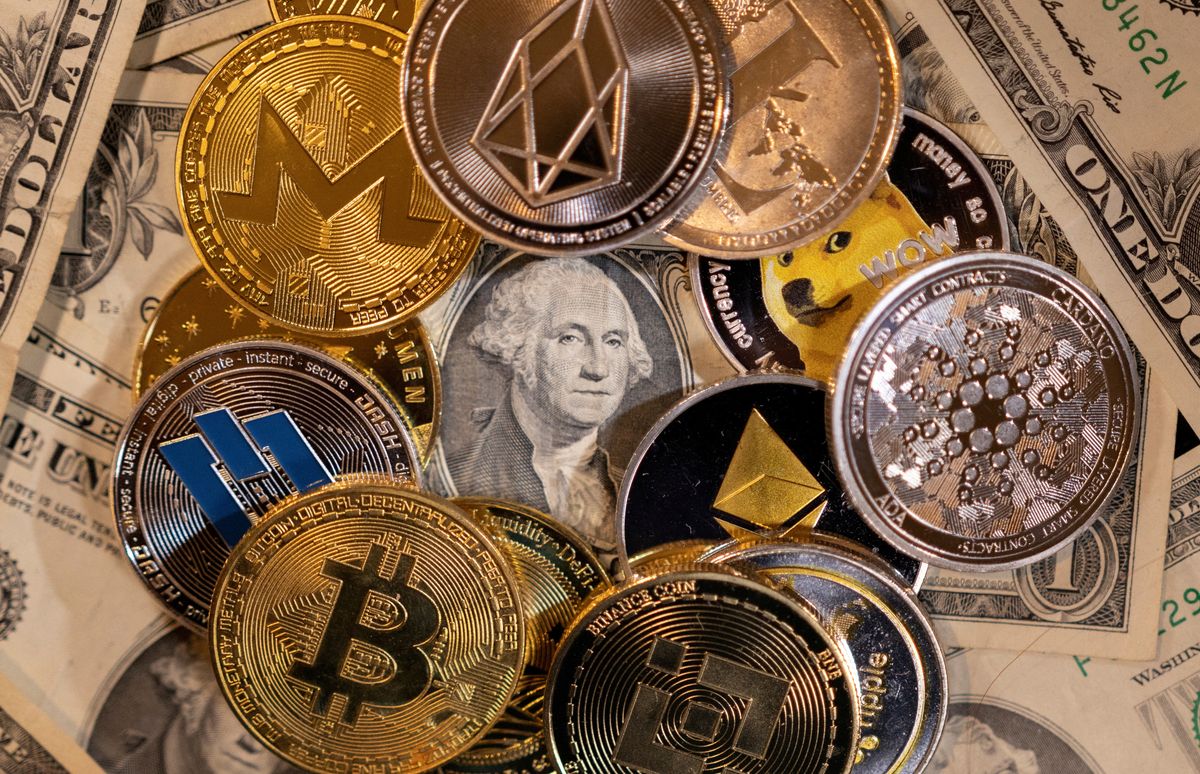What’s going to happen to crypto post-FTX crash?
Crypto hasn’t been performing super well over this past year.

A few minutes every morning is all you need.
Stay up to date on the world's Headlines and Human Stories. It's fun, it's factual, it's fluff-free.
Crypto hasn’t been performing super well over this past year. Add in the FTX meltdown that’s been unfolding over the past couple of weeks, and we’re left wondering what’s going on with crypto. And we want to know where this whole spectacle is going.
To start, here’s the FTX collapse in a nutshell – on November 2, info leaked that made the relationship between major crypto-exchange marketplace FTX and its CEO Sam Bankman-Fried’s trading house, Alameda, look kind of fishy. It seemed like Alameda relied on the coin that FTX produced, FTT. Then, another crypto-exchange company, Binance, said FTX was going to liquidate US$580 million worth of FTT. That set off a series of drawdowns that FTX didn’t have the cash to allow. FTT tanked, and so did all other major cryptocurrencies. On November 11, FTX and Alameda filed for bankruptcy, and Bankman-Fried resigned as CEO of FTX.
This whole thing leaves crypto in a strange place. Crypto is decentralized, not at the mercy of any country’s currency – but also not really supported by any currency, either. Money in the bank is usually insured by the government in some capacity. There is no insurance here, and people have lost a whole lot of money that they won’t get back.
Will crypto survive? Matt Hougan, CIO at crypto asset manager Bitwise, says: “In the short term, FTX’s collapse has destroyed trust. The marginal crypto investor will now think twice before signing up for an account, and many institutional investors will sit on the sidelines waiting to see what other shoes will drop.” Because of how involved FTX has been with the overall crypto economy, we won’t know exactly how far-reaching this disaster has been. It could even affect the economy outside of crypto.
Historically, cryptocurrencies have been able to recover after hard setbacks. They become stronger as new versions of themselves. This time, crypto was on the way to being more legitimized as a market, and now regulators have a reason to continue being skeptical. Katherine Wu, a crypto investor, tweeted on Tuesday that it was a “truly sickening news day - can’t even begin to assess the potential damage our industry will have to face.”




Comments ()